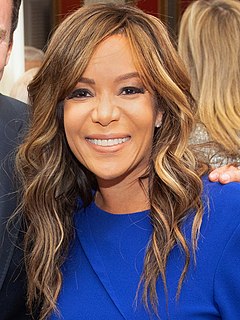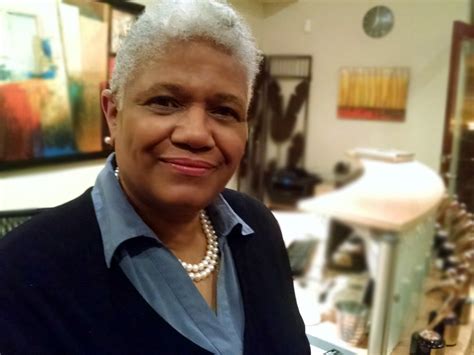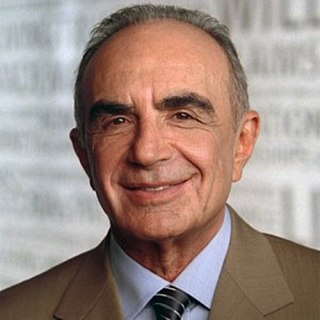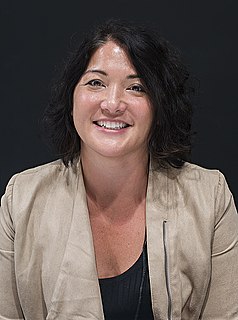A Quote by Clarence Darrow
Never forget, almost every case has been won or lost when the jury is sworn.
Related Quotes
I believed there was enough evidence to go to trial. Grand jury said there wasn't. Okay, fine. Do I have a right to disagree with the grand jury? Many Americans believe O.J. Simpson was guilty. A jury said he wasn't. So I have as much right to question a jury as they do. Does it make somebody a racist? No! They just disagreed with the jury. So did I.
ATHENA: There are two sides to this dispute. I've heard only one half the argument. (...) So you two parties, summon your witnesses, set out your proofs, with sworn evidence to back your stories. Once I've picked the finest men in Athens, I'll return. They'll rule fairly in this case, bound by a sworn oath to act with justice.



































